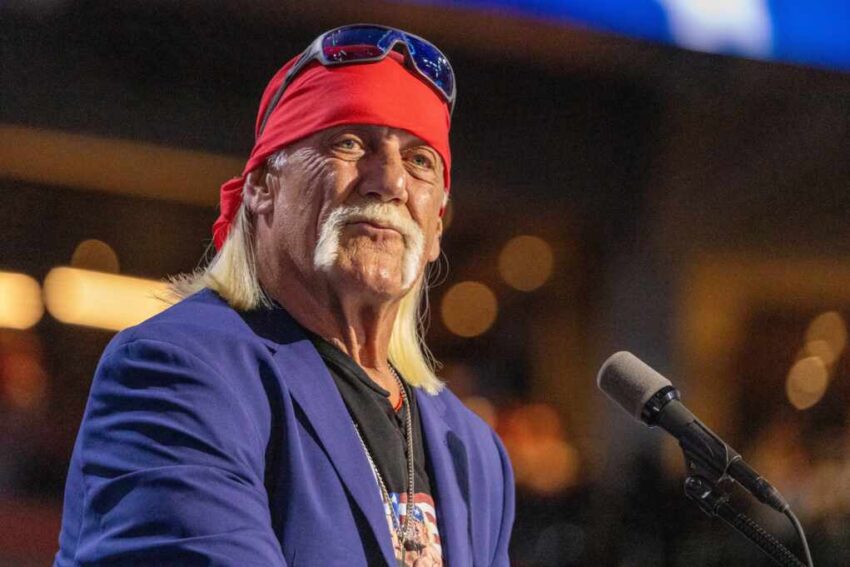Hulk Hogan’s groundbreaking lawsuit against Gawker Media didn’t just end with a jaw-dropping verdict—it reshaped celebrity privacy rights in ways that still resonate today.
At a Glance
- Hulk Hogan’s lawsuit against Gawker resulted in a $140 million verdict.
- The case highlighted the tension between privacy rights and press freedom.
- Gawker Media faced financial ruin, declaring bankruptcy soon after the verdict.
- The case underscored the role of third-party financing in high-stakes litigation.
Hulk Hogan vs. Gawker: A Landmark Case
In 2012, Gawker Media, known for pushing the boundaries of media ethics, published a sex tape involving wrestling icon Hulk Hogan . This unauthorized release ignited a legal battle that captivated the nation. Hogan, whose real name is Terry Gene Bollea, filed a lawsuit claiming invasion of privacy among other charges. The legal proceedings highlighted the ongoing struggle between personal privacy and the freedom of the press.
Hulk Hogan’s sex tape lawsuit had a lasting effect on cases involving celebrity privacy https://t.co/XU0K2Z7lRA
— The Detroit News (@detroitnews) July 25, 2025
Hogan’s legal team argued that Gawker’s actions crossed a line, disregarding personal privacy for the sake of sensationalism. Gawker, on the other hand, argued their right to publish the tape under First Amendment protections. The jury, however, sided with Hogan, awarding him $140 million, a decision that forced Gawker into financial turmoil and eventual bankruptcy.
The Role of Peter Thiel
Adding another layer to this legal drama was billionaire Peter Thiel, who secretly funded Hogan’s lawsuit. Thiel’s involvement stemmed from a personal vendetta against Gawker, which had previously outed him as gay. His financial backing of Hogan’s case raised questions about the influence of wealthy individuals in litigation and their ability to challenge media companies.
Thiel’s involvement showcased how third-party litigation financing can shift the dynamics of a legal battle, enabling individuals to pursue costly lawsuits against powerful entities. It’s a development that could potentially alter the landscape of media law, as it allows for more aggressive legal challenges against media outlets.
Impact on Media and Privacy Rights
The verdict’s immediate impact was devastating for Gawker Media, which had to sell its assets to Univision Communications. But the case’s implications extend far beyond one company’s downfall. It sent shockwaves through the media industry, prompting publishers to reevaluate the risks of publishing private content without consent.
For celebrities and public figures, the case was a victory for privacy rights, offering a legal precedent to protect against invasive media practices. However, it also raised concerns among journalists and First Amendment advocates about potential restrictions on press freedom, especially when legal battles are funded by wealthy backers with personal agendas.
Click this link for the original source of this article.
Author: Editor
This content is courtesy of, and owned and copyrighted by, https://conservativeamericatoday.com and its author. This content is made available by use of the public RSS feed offered by the host site and is used for educational purposes only. If you are the author or represent the host site and would like this content removed now and in the future, please contact USSANews.com using the email address in the Contact page found in the website menu.








